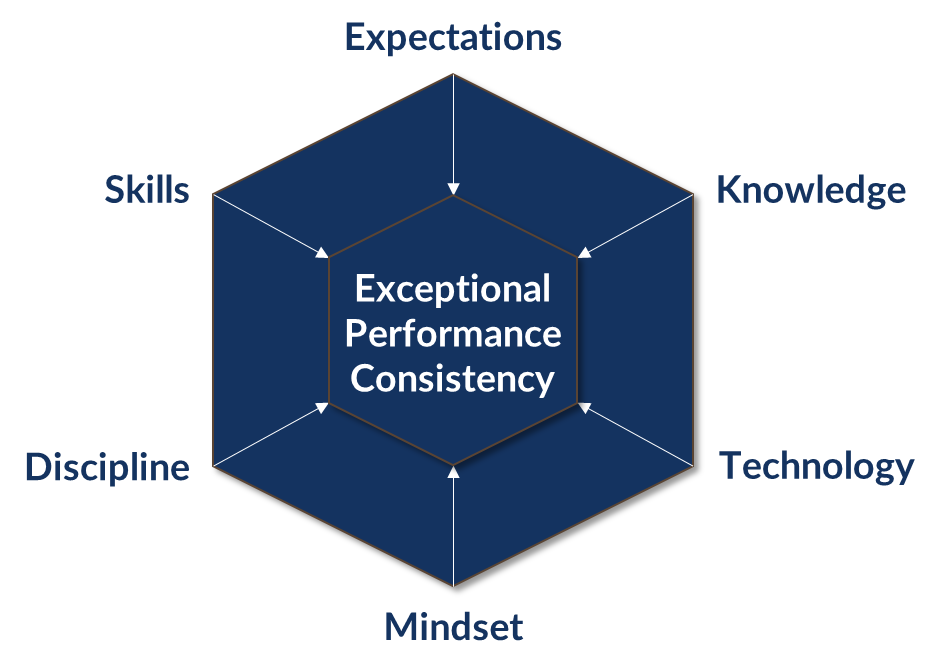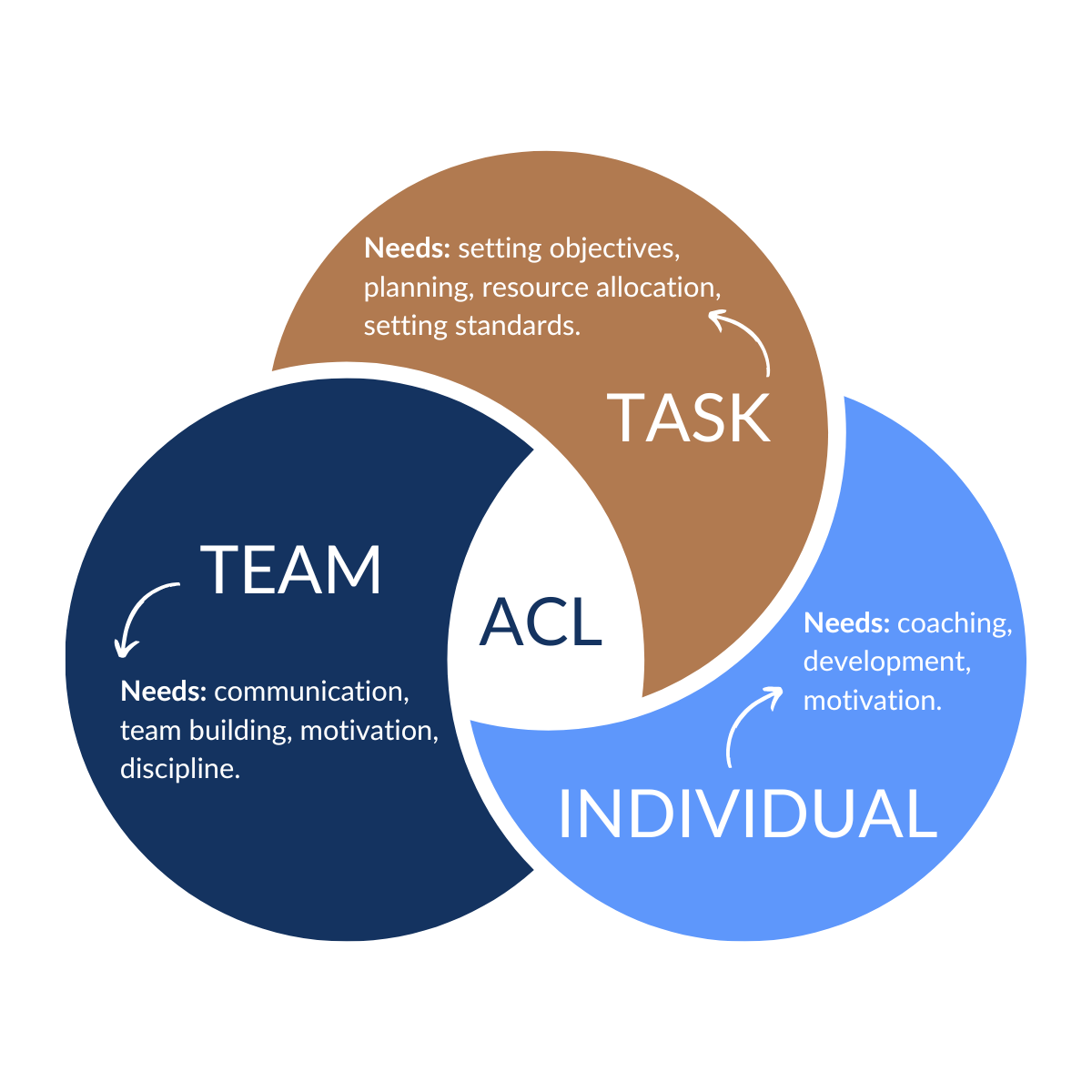The Missing Link in Consultant Development: Mindset Frameworks
How shifting from competency-based to mindset-driven development can revolutionise your consulting team
In recent years, many organisations have evolved from competency-based frameworks towards skills-based approaches for developing their people. At Honeycomb, we believe there's a crucial third element that's often overlooked: mindset.
While competencies tell us what someone should do, and skills define how they should do it, mindset adds the critical dimension of how people think about and approach their role.

Beyond traditional frameworks
Traditional competency frameworks outline role expectations - for instance, ‘deliver projects on time and budget'. Skills frameworks then detail the capabilities needed, such as planning, delegation, and team management. But mindset frameworks add crucial depth and colour to these expectations. A mindset statement to accompany this expectation may articulate,
“I feel fully accountable for successful delivery, despite ambiguity and complexity."
This subtle but powerful difference shapes how consultants approach their work. It adds a layer of accountability, resilience, and adaptability, ensuring that individuals feel fully responsible for overcoming challenges.
The critical role of mindset in career transitions
Mindset becomes particularly crucial during key career transitions. Here’s a couple of examples to illustrate:
1. The Management Transition
When consultants step into management roles, they must shift from being technically excellent individual contributors to taking broader responsibility for delivery and people management.
Rather than starting with the task at hand, successful managers need to adopt a mindset that begins with team alignment and individual development. It's about approaching problems through the lens of, "How do I coach and develop my team to deliver this?" rather than, "How do I complete this task?"

2. The Sales Transition
Perhaps one of the most challenging mindset shifts occurs when highly utilised delivery consultants need to embrace business development responsibilities. The transition from, "I'm too busy with delivery to focus on sales" to, "Growing the consultancy is my responsibility" represents a fundamental mindset change.
Implementing mindset development: A case study
Channel 3 Consulting, a digital health consultancy, faced a common challenge: they needed their senior delivery leaders to expand beyond technical excellence into broader strategic roles. These leaders needed to balance excellence in client delivery and team development with driving business growth.
They approached Honeycomb to help with this transition, particularly focusing on their delivery leadership - managing and principal consultants who needed to take on expanded responsibilities including:
Excellence in client delivery
Creating strategic client impact
Managing and coaching teams
Contributing to business growth through sales and business development
Long-term development of their teams
Our approach involved several key phases:
Mindset Framework Development
First, we worked with Channel 3 to create a mindset framework that aligned with their existing competency framework, clearly articulating the expectations for senior delivery roles.Current State Assessment
Using surveys in a safe environment, we helped leaders:
Assess their current ability to meet mindset expectations,
Identify specific barriers to success,
Share openly about their challenges.
Barrier Analysis
Common challenges emerged, including:
Time pressures from multiple engagements,
Lack of consistent team support,
Difficulty balancing delivery with strategic activities.
Targeted Training Interventions
We developed specific exercises to help leaders:
Map their current time allocation across different activities,
Understand their natural working preferences through personality profiling,
Develop practical skills in delegation and team management,
Build confidence in business development and sales activities.
Making it stick: the power of integrated development
For any training intervention to be effective, it must be carefully sequenced - starting with mindset. Before teaching new skills like delegation or sales techniques, consultants need to understand and buy into the fundamental shifts in thinking required. Otherwise, even the best technical training risks becoming just another theoretical exercise.
We’ve seen this principle in action through several other practical examples:
Time management training became more effective when linked to a mindset of growth responsibility,
Sales training had greater impact when preceded by mindset work around the value and importance of business development,
Delegation skills were better adopted when connected to a broader mindset about team development.
At Channel 3, the concept has been so well received that their newly trained leadership team are now helping define mindset expectations for junior colleagues, creating a cascade effect throughout the organisation. This demonstrates how mindset frameworks can become embedded in the broader development ecosystem.
By addressing mindset alongside competencies and skills, organisations create more meaningful and lasting development outcomes. This holistic approach not only clarifies expectations but provides consultants with the mental frameworks they need to successfully navigate their careers and deliver greater value to their clients.
The key lesson? When consultants understand not just what they need to do differently, but why they need to think differently, transformational change becomes possible.
Thank you for reading The Skilled Consultant. If you haven’t yet subscribed, please do so to receive all our articles direct to your inbox.
There are several other ways you can interact with Honeycomb Consulting Skills Training….
Connect with Deri Hughes (Founder & MD) on LinkedIn
Connect with Colin Mann (MD) on LinkedIn
Book a 30 minute intro call with Deri Hughes
Stay informed about our free workshops and webinars - follow Honeycomb on LinkedIn or visit our website.





